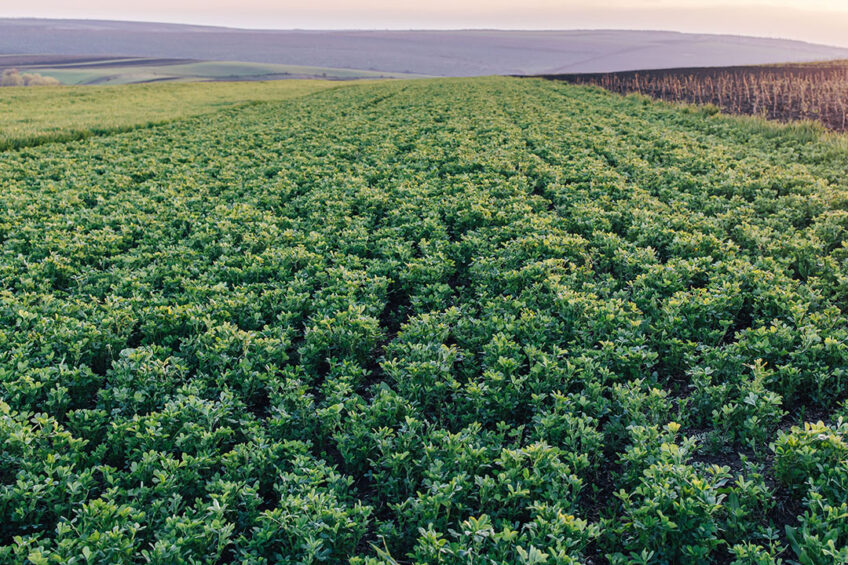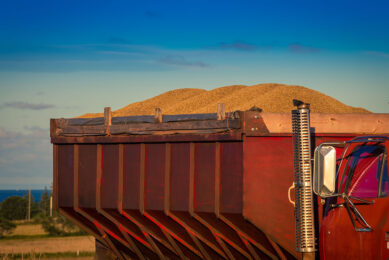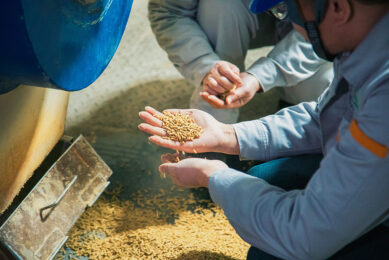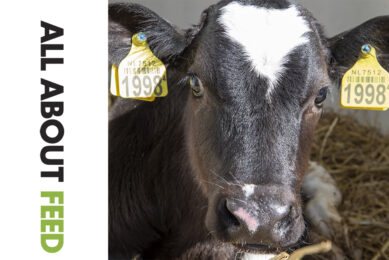Billions invested into Siberia alfalfa feed mill – eyeing the Chinese market

Mayak, a Siberia agricultural firm, has rolled out plans to invest 5.5 billion roubles ($60 million) into the construction of a mill for processing alfalfa into meal for animal feed. A significant share of the production volumes is planned to be exported to China.
Vladimir Chermetov, director of the agricultural department of the Tyumen Oblast, told the local press that around 2.5 billion roubles ($28 million) will be allocated to land reclamation.
Mayak plans to establish an irrigation system to effectively grow alfalfa in Siberia. The mill will artificially dry the obtained product and process it into what the company describes as a “vitamin-herbal meal.”
Thanks to optimal production costs the company aims to get product competitive on the global market.
Alexander Moor, governor of Tyumen Oblast, has confirmed that the region was working on several projects involving growing alfalfa. During a press conference in late 2023, he underscored the importance of export supplies to China, indicating that the country massively uses alfalfa to feed livestock.
Alfalfa not widely used in Russia’s feed sector
Alfalfa is not widely used in the Russian feed industry, though a few livestock companies have reported plans to use it as a feed ingredient.
On March 15, a prominent Russian turkey manufacturer, Damate, unveiled plans to sow 1,400 ha of agricultural land with soybean, corn and alfalfa to secure enough feed for its sheep-breeding project.
In mid-2023, Russian company Arabia Expo Agro also shared an intention to build a complex to grow alfalfa for further processing into hay, bales, and feed pellets.
Dmitry Makarov, general director of Arabia-Expo Agro, claimed that the use of innovative methods of processing crops will preserve maximum nutritional value, and the final products will meet the best global quality standards.
In Russia and Belarus, alfalfa is usually ensiled, said Pavel Reut, head of the innovation and sales support department of the Krasnoznamensky Feed Mill.
“However, this method has its drawbacks: additional trenches must be made. Besides, if the technology is violated at some stage of silage production or storage, silage quality begins to deteriorate, and it can be harmful to animals,” he warned.
Challenge: Lack of seeds
One of the challenges for the Siberian alfalfa project might be associated with a lack of high-quality seeds in Russia.
Igor Baringolts, chairman of the Russian agricultural company RM-Agro, estimated that the average protein content in alfalfa silage produced from seeds available in Russia is 17%, while with better seeds, this figure could be as high as 27%.











